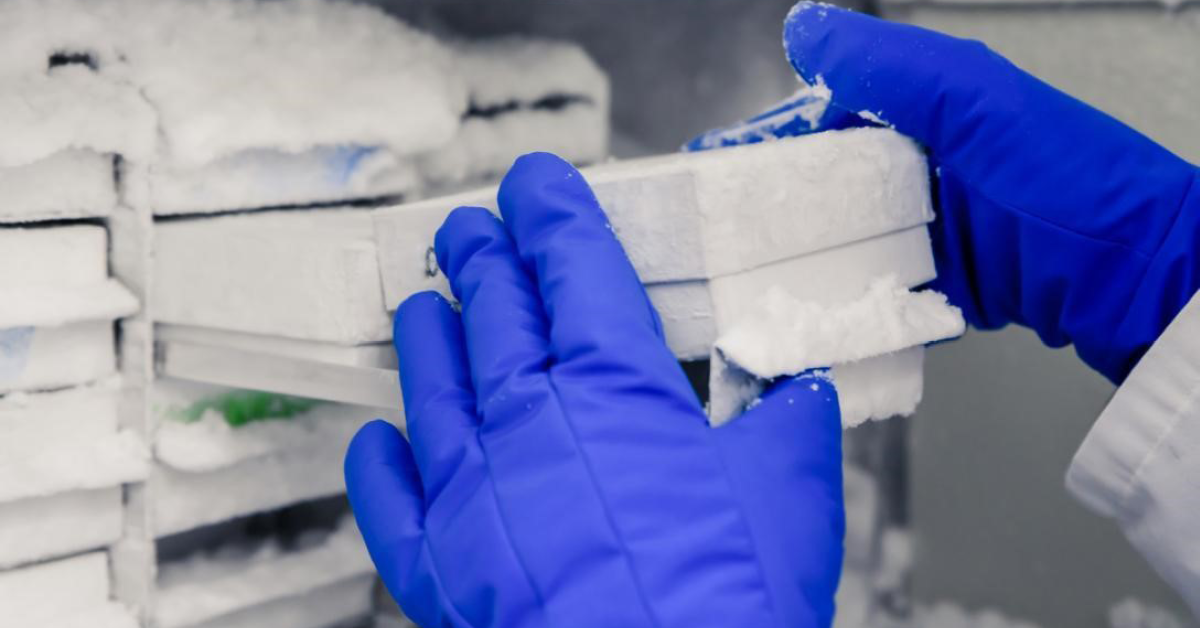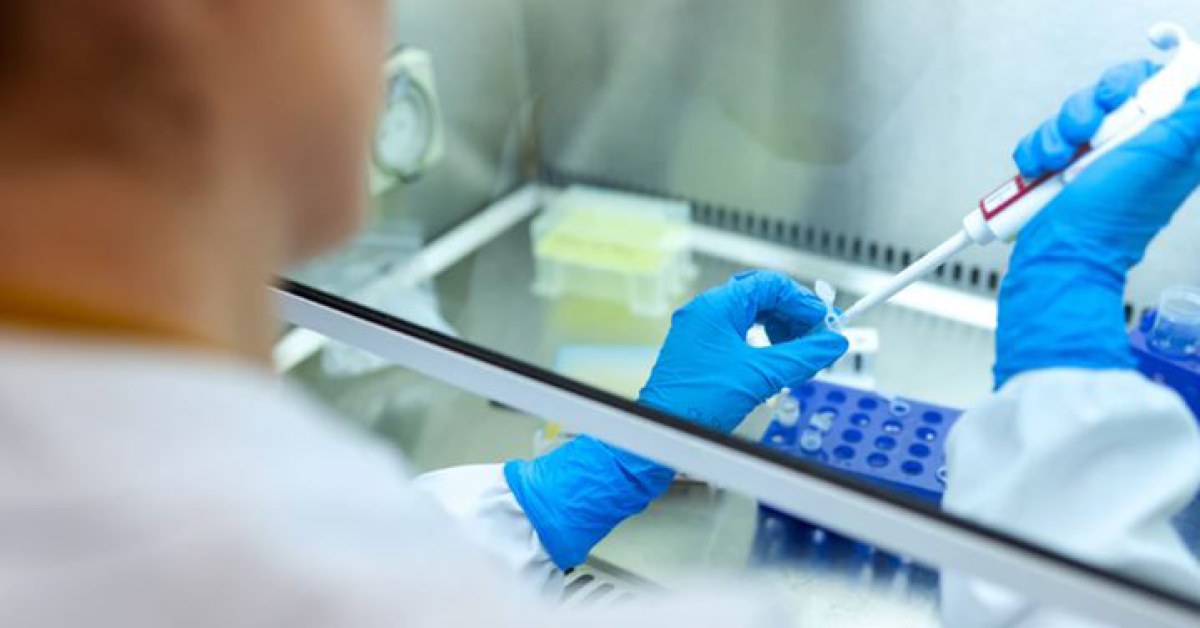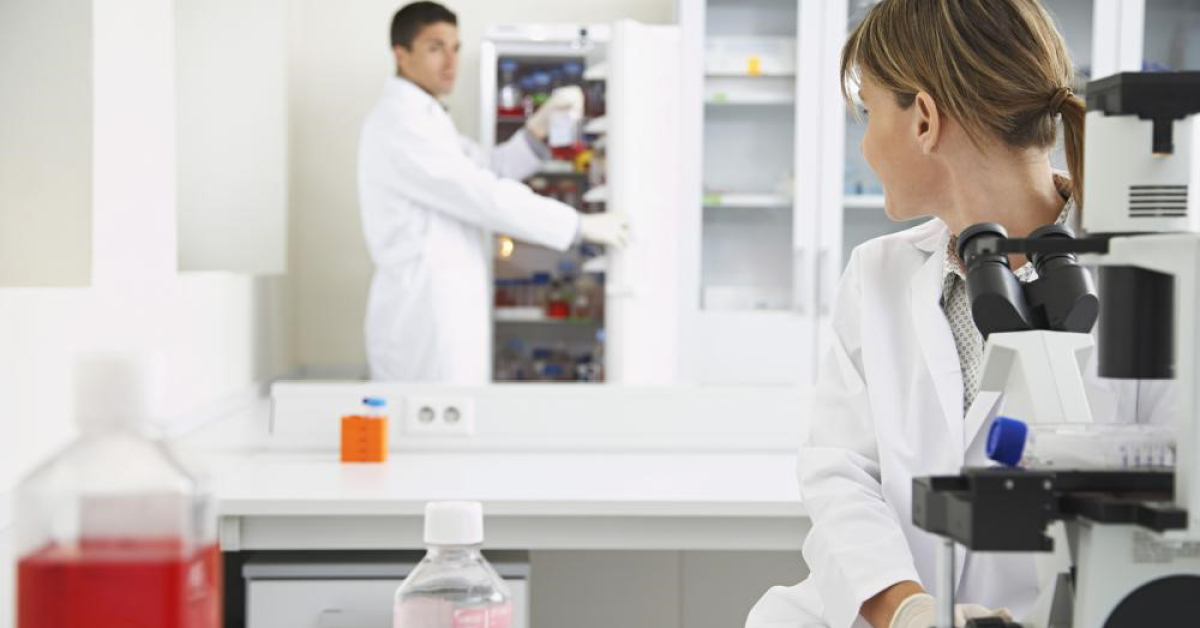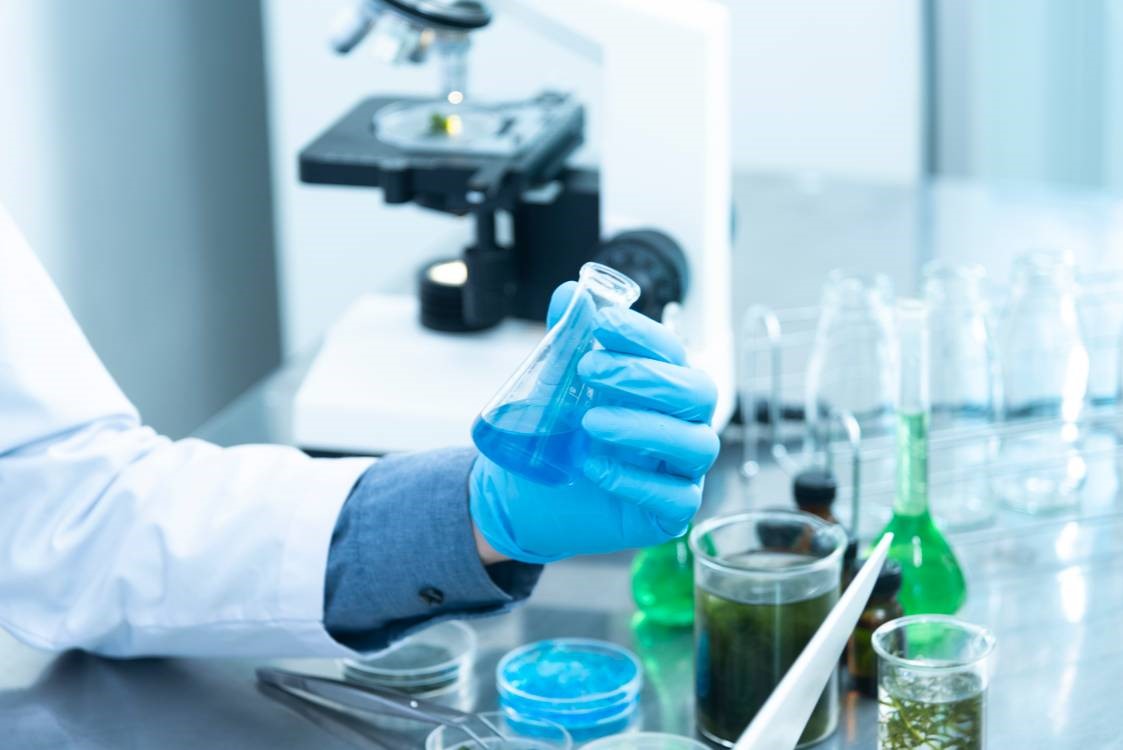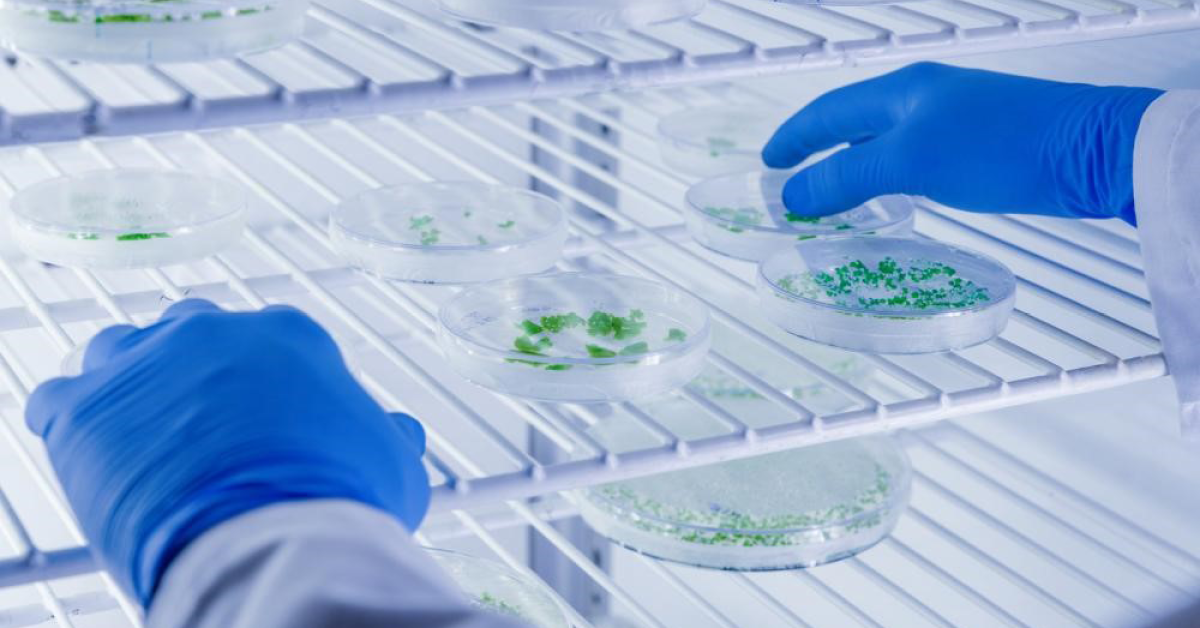3 Best Practices for Maintaining an Ultra-Low Temperature Freezer
Ultra-low temperature freezers typically operate within the -60°C to -86°C range. These are used in medical facilities to store biological samples like plasma, blood, enzymes, or organ tissues.
As with any critical piece of lab equipment, lack of maintenance can lead to sub-optimal ULT freezer performance—this is detrimental to the samples stored in the freezer.

